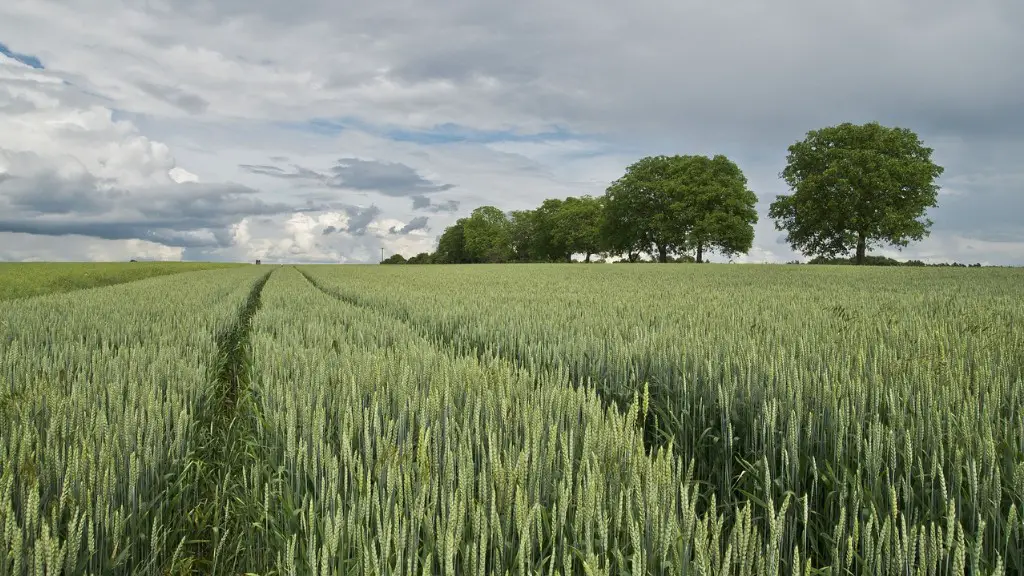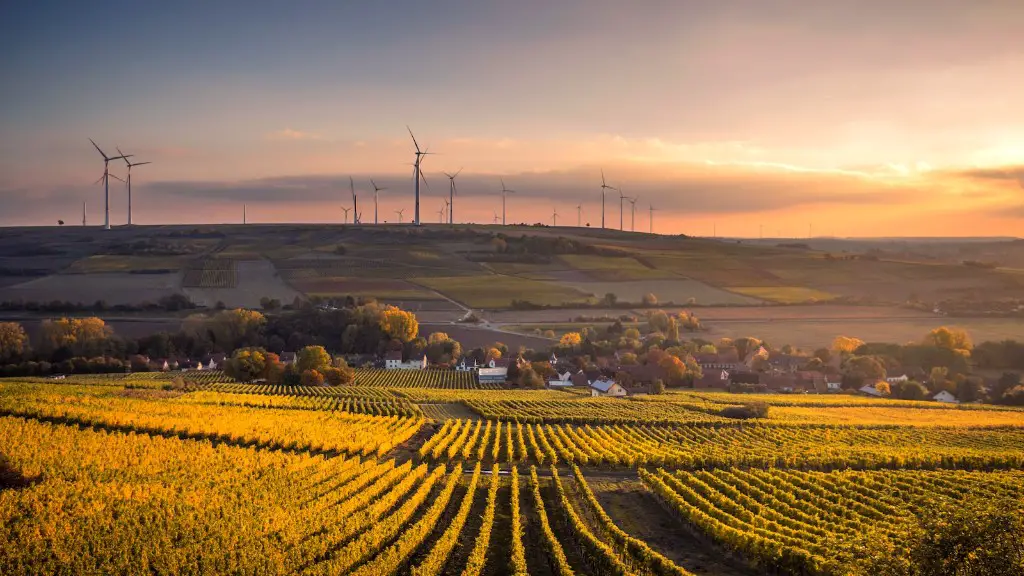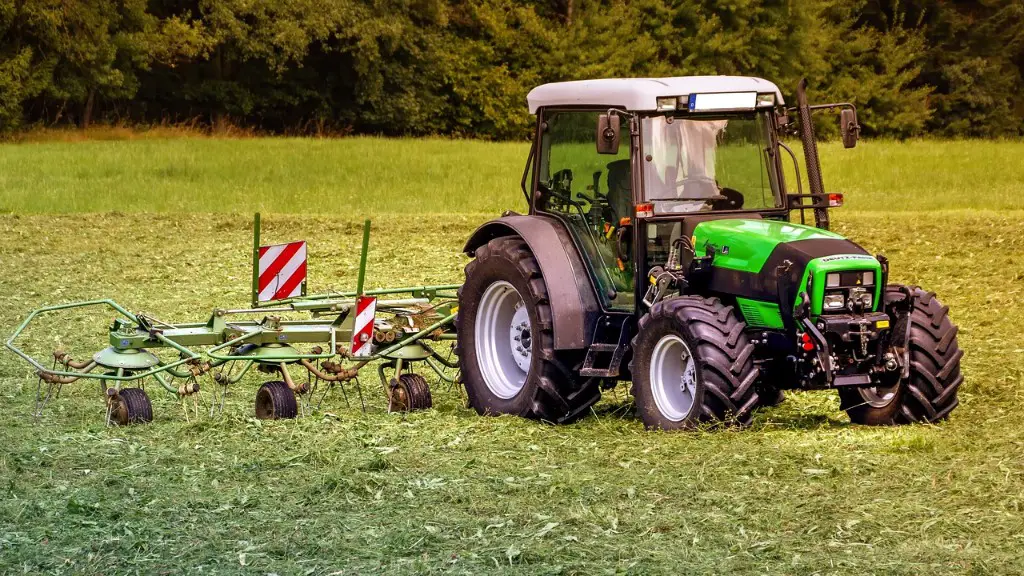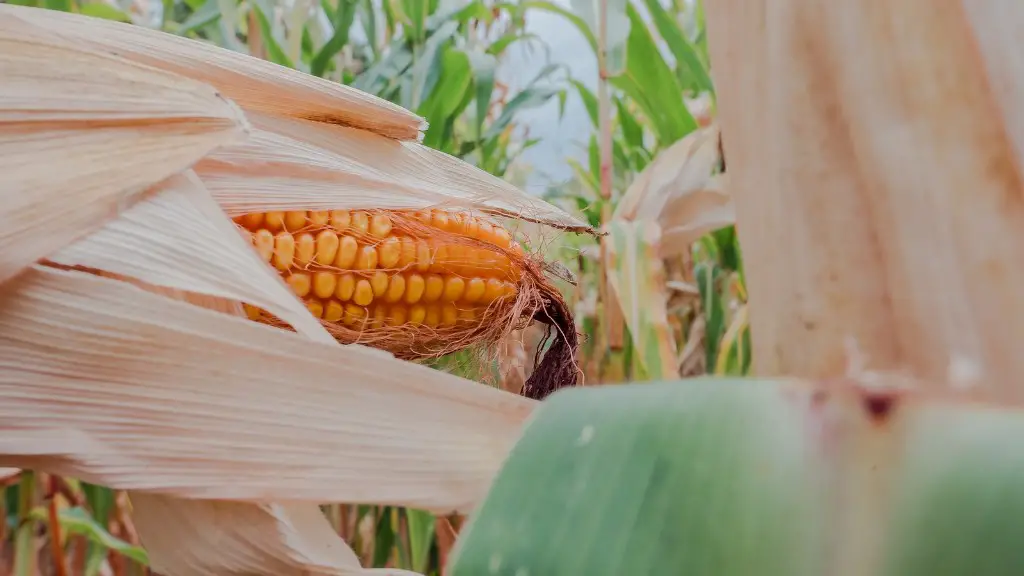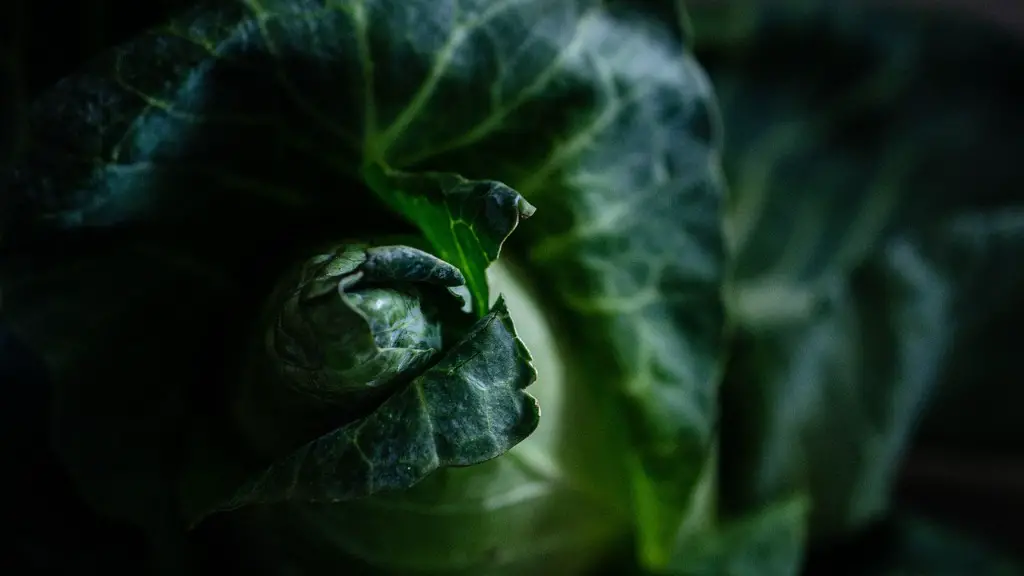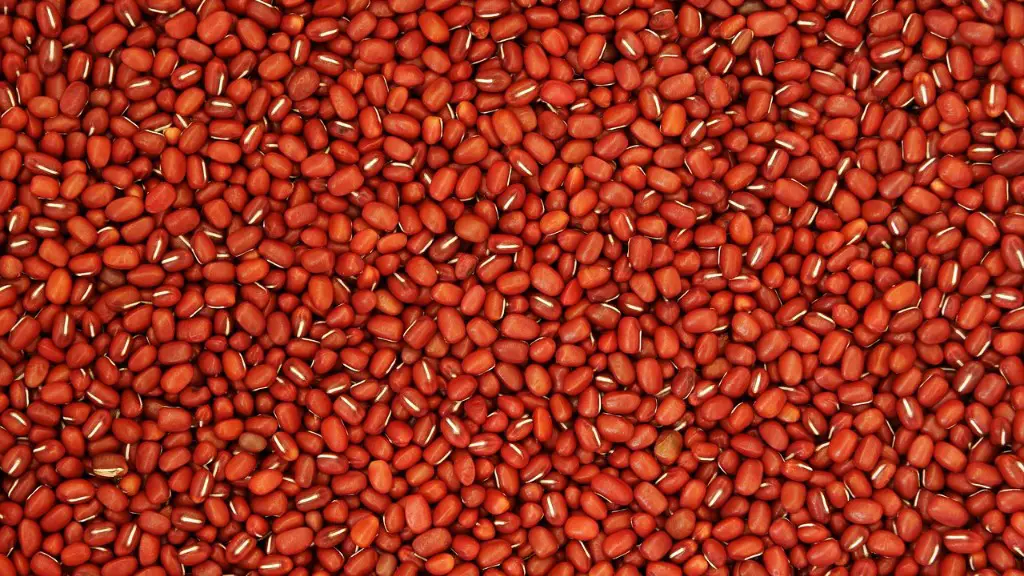Bees have long been recognized as vital pollinators of agricultural crops. Recently, their importance has come into even sharper focus as the global population has grow and the demand for food has risen. While there are many factors that contribute to successful crop production, pollination by bees is essential to yield and quality.
Bees are incredibly important in agriculture as they are responsible for pollinating crops. Pollination is when a bee collects pollen from the male reproductive organ of a flower and then transfers it to the female reproductive organs of another flower. This process is essential for plant reproduction, and without bees, many crops would not be able to produce fruit or vegetables.
What are 5 reasons why bees are important?
Bees are incredibly important creatures – not just to humans, but to the entire ecosystem. Here are the top five reasons why bees are so important:
1. They help produce 1/3 of our food supply.
2. They help provide half of the world’s fibers, oils, and other raw materials.
3. They help create many medicines.
4. They provide food for wildlife.
5. They help prevent soil erosion.
Bees are one of the most important pollinators in the ecosystem. They help support the growth of trees, flowers, and other plants, which in turn provide food and shelter for many different creatures. By contributing to the pollination of plants, bees play a vital role in maintaining the balance of the ecosystem.
What is the main purpose of bees
Bees play an important role in both the cultural and environmental spheres. As pollinators, they help to ensure the growth and quality of vegetation. They also produce honey and medicinal products that are essential for many people. The movement of pollen between plants is necessary for plants to fertilize and reproduce, and bees are a key part of that process. By thriving, bees help to ensure that crops can thrive as well.
Bees are essential for the pollination of many crops, and their decline would have a substantial impact on the availability and diversity of fresh produce. Human nutrition would likely suffer as a result, as crops that are not cost-effective to hand- or robot-pollinate would be lost or persist only with the dedication of human hobbyists.
Can we live without bees?
Bees are critical for the pollination of many crops, including fruits, vegetables, and nuts. Without them, many of these foods would simply not be available. And while some crops can be pollinated by other means, such as wind or birds, bees are by far the most efficient pollinators. This means that the loss of bees would have a significant impact on our food supply.
Bees are essential for the pollination of many crops and plants. Without them, we would not have many of the fruits and vegetables that we rely on for food. The United States Department of Agriculture estimates that pollinators like bees and butterflies help pollinate approximately 75 percent of the world’s flowering plants. They pollinate roughly 35 percent of the world’s food crops—including fruits and vegetables.
What are the major economic benefits of bee farming?
Beekeeping is often lauded as a poverty reduction strategy, because it requires very little financial or labor input and is a flexible and gender-friendly enterprise that does not compete for resources with other agricultural activities. However, while beekeeping may create some jobs within the value chain, it is unlikely to lead to large-scale poverty reduction.
Honey bees and other insects play a vital role in pollination, which is essential to ensuring a diverse and plentiful supply of fruits, nuts, and vegetables. In the United States alone, there are over 100 crops that depend on pollination from these insects. Without their critical services, our diets would be much less diverse and less nutritious. We are indebted to honey bees and other pollinators for their significant contributions to our food supply.
What is the economic importance of bees
Bees are one of the most important pollinators of food crops in North America. It is estimated that around 30% of the food humans consume is produced from bee pollinated plant life. The value of pollination by bees is estimated around $16 billion in the US alone. We would be unable to enjoy most of our favorite fruits, vegetables, or nuts without these pollinators.
Einstein was clearly exaggerating the importance of bees to our survival, but there is no denying that they are crucial to the ecosystems around the world. Without them, many plants would simply not be able to reproduce, and animals that rely on those plants for food would starve. In fact, it is estimated that one-third of the human diet comes from plants that require pollination from bees.
That is why the recent decline in bee populations is so alarming. In the United States, the bee population has declined by more than 30% in the last decade. This is due to a variety of factors, including the use of pesticides, loss of habitat, and disease.
If we want to protect our food supply and our environment, we need to do more to help the bees. This means using fewer pesticides, planting more flowers and native plants, and creating habitat for them to thrive. We also need to improve our understanding of the causes of bee decline so that we can better address the problem.
What value do bees teach us?
Bees are an excellent example to people of how we should be in life. They are very sincere in what they do and work hard in a proper order. We can learn to be obedient, hard working and sincere from them.
Bees play a vital role in our ecosystem, providing pollination services for many plants and animals. Without bees, many of our food sources would be gone. We must do our part to protect these important creatures!
How do you pollinate without bees
There are two ways to pollinate a self-fertile plant:
1. Carefully shake the plant or blow on its flowers to stimulate pollen release; or
2. Gently swab the inside of each flower with a small paintbrush or cotton swab to transfer pollen into the pistil (middle part of the flower).
Bees are an important food source for many animals, including flycatchers, shrikes, badgers, and bears. These animals help to keep the bee population healthy by eating the weak and sick bees. Additionally, the bees help to pollinate plants and flowers, which helps to keep the ecosystem in balance.
What will happen if all honey bees are destroyed?
If we lose bees, we lose a critical link in the food chain. Bees pollinate plants, which are then eaten by animals. If bees disappear, the food chain would be disrupted, and we would lose many important food sources.
Pollinators are responsible for one-third of the food we eat, yet their populations are in decline. Here are four simple ways to help pollinators:
1. Plant native flowers and plants.
2. Avoid using pesticides.
3. Provide a water source.
4. Create a pollinator-friendly habitat.
Conclusion
Bees are important in agriculture because they help pollinate crops. Pollination is necessary for plant reproduction, and bees are one of the main pollinators of agricultural plants. Without bees, many crops would not be able to produce fruits and vegetables, and the yield of agricultural plants would be greatly reduced.
Bees are incredibly important in agriculture as they are responsible for pollinating crops. This process of pollination ensures that fruits and vegetables can grow and flourish. Without bees, our agricultural system would be in grave danger.
